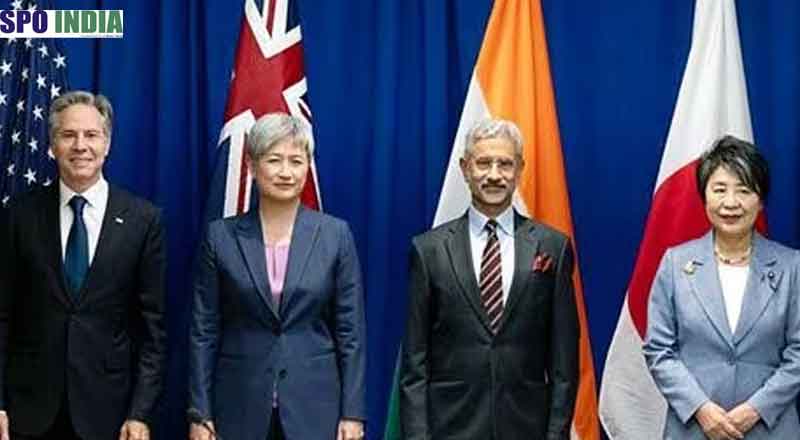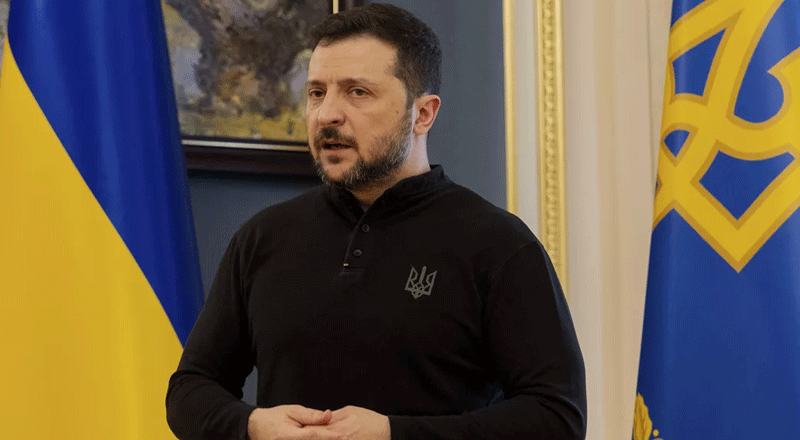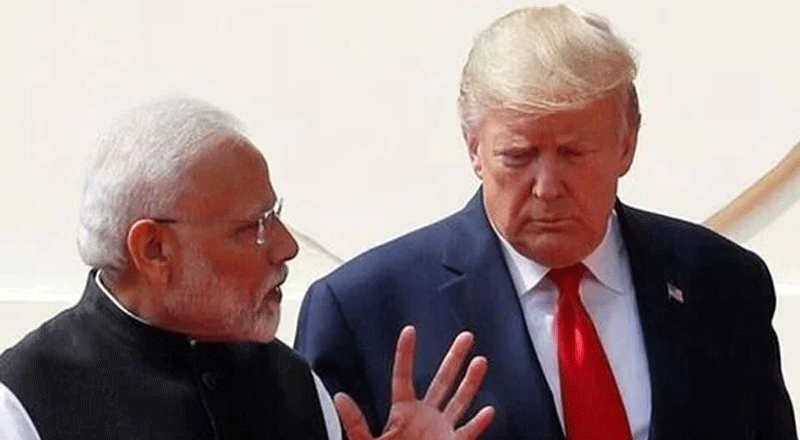On Monday, July 29, External Affairs Minister S. Jaishankar met with his Australian counterpart Penny Wong in Tokyo to discuss various measures aimed at enhancing bilateral ties. Their conversation focused on critical areas such as security, trade, and education. Additionally, they explored ways to deepen practical cooperation across the Indo-Pacific region. This meeting took place on the sidelines of the Quad Foreign Ministers’ meeting, which brings together leaders from Australia, India, Japan, and the United States.
Jaishankar expressed his optimism about the discussions in a post on X, stating, “A great start this morning meeting Australian FM @SenatorWong in Tokyo. Spoke about further steps to intensify our bilateral ties including in security, trade, and education. Also discussed deepening our practical cooperation across the Indo-Pacific. Look forward to continuing this at the Quad Foreign Ministers’ Meeting shortly.”
The Quad’s Strategic Importance
The Quad, formally established in November 2017, is a strategic coalition aimed at maintaining a free and open Indo-Pacific region. The group’s formation responded to growing concerns over the influence and activities in critical sea routes within the Indo-Pacific. The recent discussions in Tokyo highlighted the group’s commitment to this mission.
On Sunday, prior to the meeting with Penny Wong, Jaishankar held extensive talks with U.S. Secretary of State Antony Blinken. This conversation occurred amid a backdrop of heightened tension between India and the U.S., following Prime Minister Narendra Modi’s visit to Russia three weeks earlier.
Unveiling Mahatma Gandhi’s Bust and Strengthening U.S.-Japan Security Ties
Earlier in the day, Jaishankar unveiled a bust of Mahatma Gandhi at Freedom Plaza in Edogawa, Tokyo, marking a moment of cultural diplomacy. This visit to Japan followed Jaishankar’s trip to Laos, and it aimed to consolidate India’s strategic and diplomatic relations within the Quad framework.
The foreign ministers from the Quad nations expressed grave concerns about aggressive maneuvers in the South China Sea. They pledged to enhance maritime security in the region, underscoring their shared commitment to a rules-based order.
Joint Statement on Regional Security
In a joint statement, the Quad ministers highlighted their serious concerns about the situation in the East and South China Seas. They voiced strong opposition to any unilateral actions that attempt to change the status quo through force or coercion, indirectly referencing China’s activities without explicitly naming the country. The ministers condemned the militarization of disputed features and coercive maneuvers in the South China Sea, which have included the dangerous use of coast guard and maritime militia vessels.
During a news briefing, Chinese foreign ministry spokesperson Lin Jian criticized the Quad for “artificially creating tension, inciting confrontation, and containing the development of other countries.” This statement reflects the ongoing geopolitical friction between China and the Quad nations.
Initiatives for Maritime Order
The Quad nations announced a series of initiatives to maintain a free and open maritime order. These include helping regional partners improve domain awareness through satellite data, training, and capacity building. Additionally, they plan to establish a new maritime legal dialogue, further reinforcing their commitment to stability and security in the Indo-Pacific.
The meetings and statements from the Quad ministers in Tokyo underscore the group’s strategic focus on countering aggressive actions in the region, promoting security, and strengthening bilateral and multilateral ties among member nations.
(With inputs from agencies)





